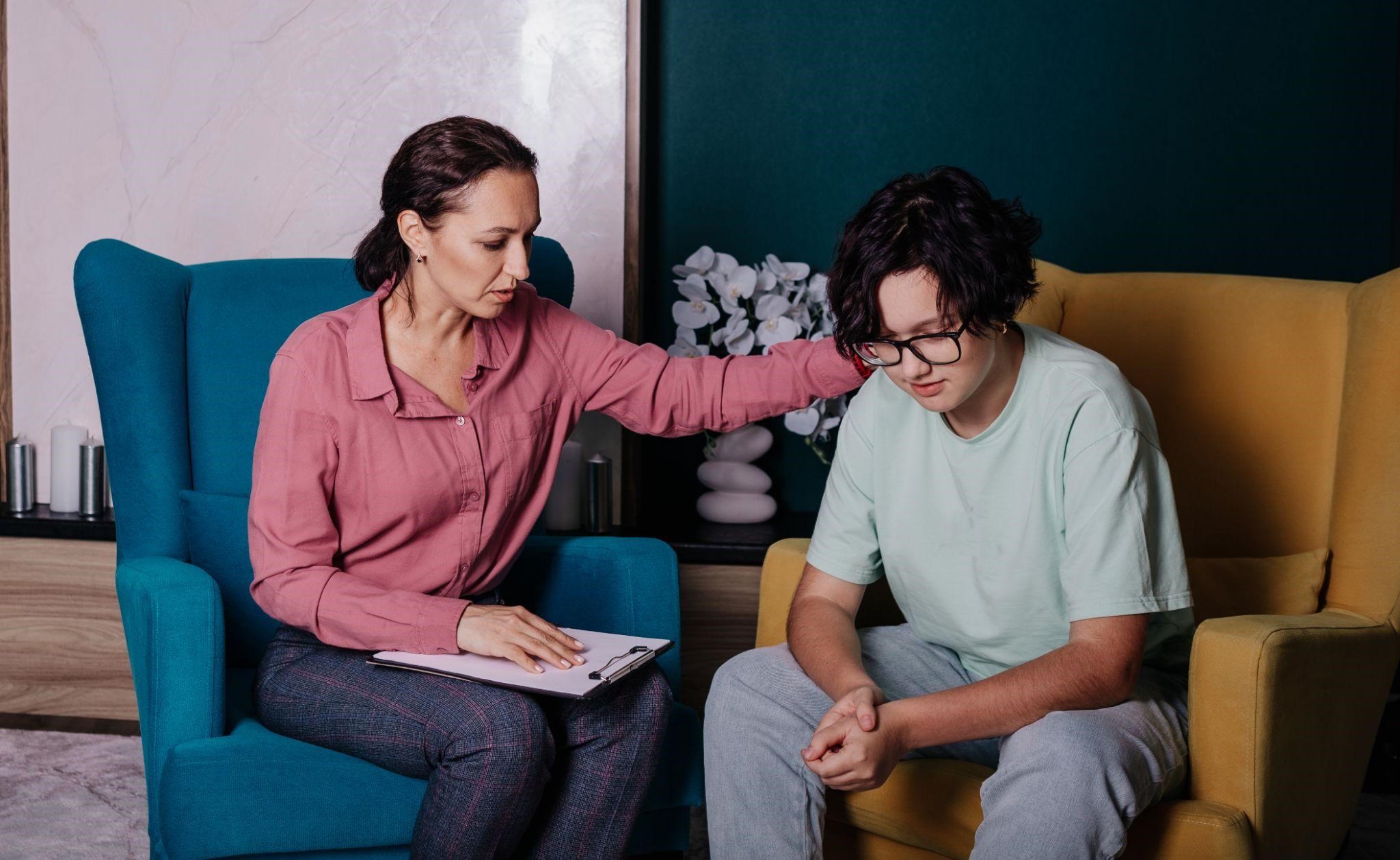Codependency in families dealing with substance use can be a hidden, destructive force that perpetuates unhealthy patterns. When a loved one struggles with substance use. the entire family often becomes involved in the cycle of enabling, rescuing, and covering up harmful behaviours.
If you find yourself constantly sacrificing your own well-being for the sake of your loved one, you might be caught in the trap of codependency.
But there is hope. With awareness, education, and the right strategies, you can break free from this cycle and start healing both for yourself and for your loved one.
What Is Codependency in Families?
Codependency is a psychological condition where one person’s emotional or behavioural needs are excessively reliant on the needs of someone else.
In families affected by substance use, this can manifest as a parent or sibling constantly trying to “fix” the addict’s problems, covering up for them, or tolerating unhealthy behaviours to avoid conflict.
In codependent relationships, one person’s identity and sense of self-worth become tied to the substance use and behaviour of their loved one. This often leads to chronic stress, neglect of self-care, and long-term emotional harm.
Signs of Codependency in Families Affected by Substance Use
It can be difficult to recognize codependency because it often feels like you’re just being a caring, supportive family member. However, some common signs that you might be in a codependent relationship with a loved one struggling with substance use include:
- Constantly making excuses for their behaviour, such as covering up missed work or school, or making excuses for their lies.
- Taking on the role of caretaker at the expense of your own well-being, trying to manage or control the addict’s behaviour.
- Difficulty setting boundaries and feeling guilty or anxious when you try to say no or limit your support.
- Putting their needs above your own, ignoring your own health, emotional needs, and responsibilities.
Recognizing these signs is the first step in breaking the cycle of codependency. You can’t change the addict’s behaviour, but you can change how you react and how you care for yourself.
How Codependency Develops in Families
Codependency often develops in families where substance use is present, but it can also form in families affected by trauma, mental illness, or emotional neglect.
In the case of substance use, the codependent person may have been conditioned to prioritize the needs of the addict because their behaviour is unpredictable, creating a constant need for caretaking and intervention.
Over time, this dynamic creates an unhealthy emotional bond. The codependent person may feel that their worth is tied to “saving” the addict or preventing the consequences of their actions. This leads to emotional burnout and a loss of self-identity.
Breaking the Cycle: Setting Healthy Boundaries
The key to overcoming codependency is learning to set healthy boundaries. Boundaries are not walls that push people away; they are lines that protect your emotional and mental well-being. Here’s how you can start:
- Recognize that you cannot control or fix their substance use: The first step in breaking codependency is accepting that you cannot change someone else’s behaviour, no matter how hard you try.
- Establish clear boundaries: This means setting limits on what you’re willing to tolerate and communicating them clearly and effectively. For example, you can say, “I will not cover up for you anymore,” or “I will not enable your substance use by providing money for drugs.”
- Focus on self-care: Taking care of your physical and emotional health is critical. Make time for yourself, nurture your own passions, and seek therapy or support groups to heal from the emotional toll of living with substance use.
- Seek professional help: Codependency is not easy to overcome alone. Family therapy, counselling, and support groups, such as Al-Anon or Nar-Anon, can provide invaluable support for both you and your loved one.
Theresa Dove-Waters’ Story: A Journey of Tough Love and Healing
In Not My Son, Not on Mother’s Day, Theresa Dove-Waters shares her personal experience of navigating the turbulent waters of codependency as she supported her son, Jeff, through his battle with substance use.
Her story highlights the heart-wrenching reality of loving someone struggling with substance abuse while learning to set boundaries and let go of the need to control their recovery.
Her journey is a testament to the power of faith, tough love, and resilience in breaking the cycle of codependency.

Start Your Healing Journey Today
Breaking the cycle of codependency is not an easy task, but it is possible. It starts with self-awareness, setting boundaries, and seeking the support you need.
If you’re ready to take that first step, explore resources, talk to a counsellor, and don’t be afraid to reach out for support.
Visit Theresa Dove-Waters’ website to learn more about her powerful book and connect with a community that understands the challenges you face. You don’t have to do this alone.




